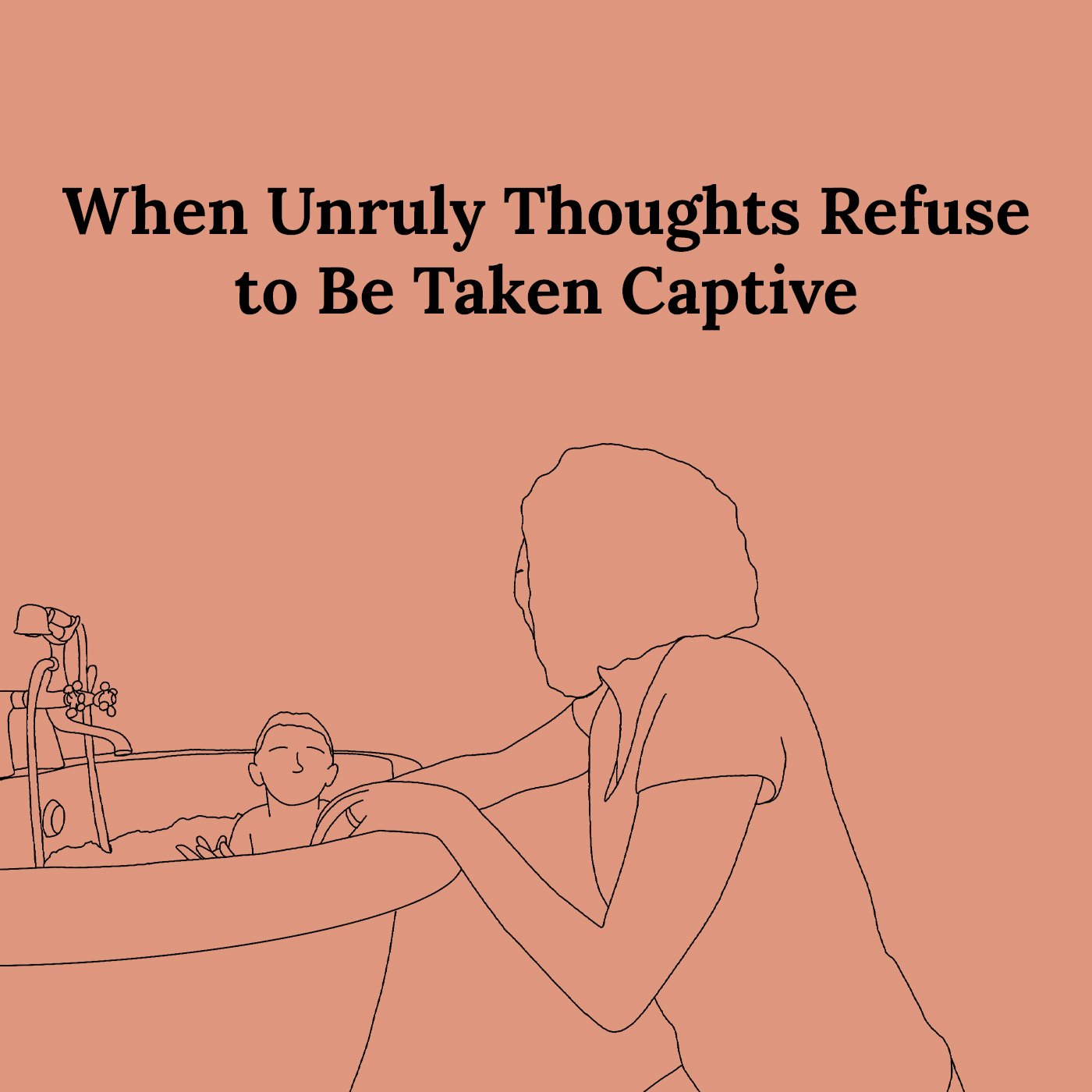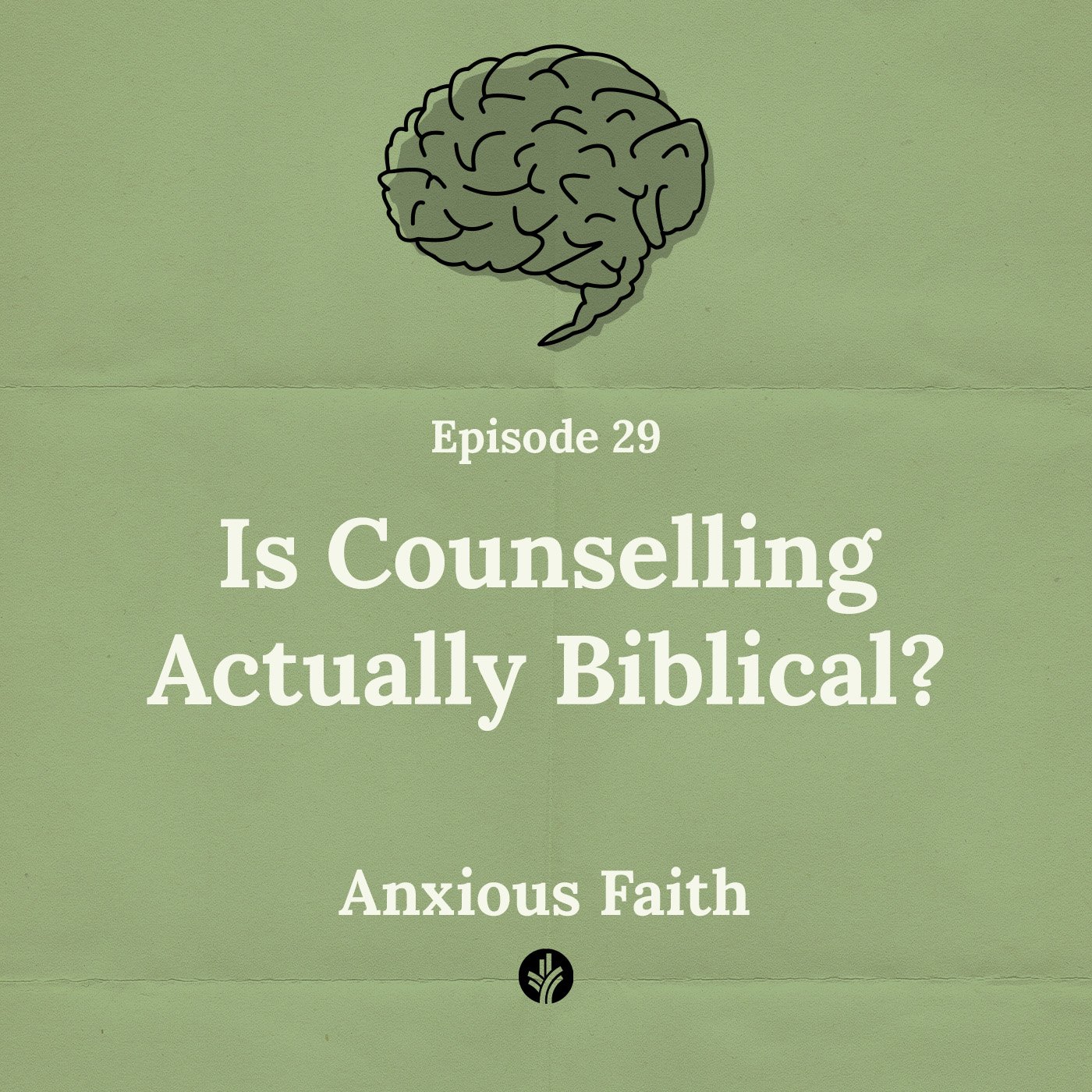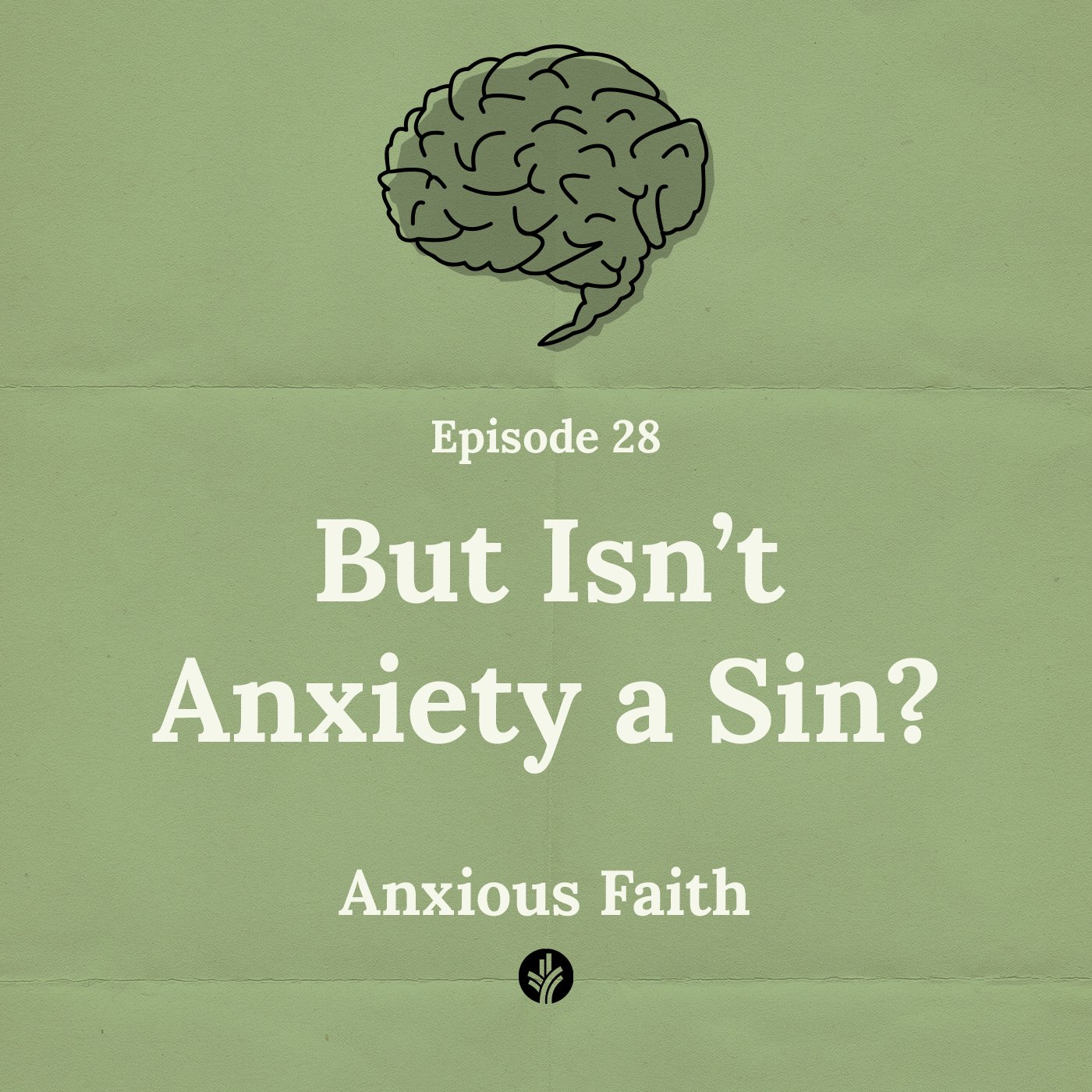Caring For My Anxious Wife… Without Despairing
Written by James Burke, Australia
Imagine waking up each day, having no idea what the day will hold. Sure, you know that it’s a Tuesday, so the kids will be going to school, and you have work. But in reality, at any moment you could get a text that means you need to drop everything and return home. Or you could never even make it out the door in the first place.
That’s the reality of living with someone with a mental illness, especially when that person is your partner.
My wife has struggled with mental illness for most of her life. She was only a few years old when the signs first started, and in early primary school she was diagnosed with an anxiety disorder that has followed her the rest of her life, with the occasional bouts of depression. To say her life hasn’t been easy is an understatement. Yet even though she is unlikely to ever find a cure, or be healed from it completely, she’s trying her best to make life as best as it can be.
Learning About Mental Struggles Through My Wife
“When I first met her, I had no idea about mental illness. Up to that point, depression was something that I had thought of as a foreign concept, but wasn’t something real or experienced.”
While I knew she had a mental illness before we started dating, that period was a big eye-opener. Learning what it was like for her to live out her life not knowing if or when her mental illness would rear its ugly head was a framework for life that I had never considered before. So many more considerations went into what I had previously thought were simple, everyday decisions: what the activity was, whether she had the capacity to deal with it, what triggers there might be, and how to deal with them if they panned out. Plans were always made with contingencies, and even then, at times they couldn’t be followed through. It was frustrating, and I struggled to learn what my role was, but I loved her and regardless of the issues we faced, we both knew we were going to get married, and so I was in for the long haul.
A few years into our marriage, things got harder. She suffered a breakdown and had to stop working completely, but then recovered to the extent that we could start a family. However, postnatal depression hit, as well as a lack of ability to cope, so I became the primary carer of both our boy and my wife, on top of having to work full-time. Life wasn’t easy, and what I began to see over the next few years as we added our daughter to our family, was the toll it was taking on me.
Struggling With My Own Mental Health
I was stressed. Unlike the first few years where I thought I was able to manage caring for her, looking after our family, and working, it became clear to me that I couldn’t cope with that load.
“Faith has always been a part of my life, ever since my parents first introduced me to Jesus at an early age. And while it has been something that had seen me through challenges and trials I’d faced previously, this was a whole new level. I was angry. I wasn’t engaging. I was struggling to deal with my own emotions.”
I found myself getting more agitated, unable to concentrate as well as I used to, and getting frustrated more easily. Above all, I was angry at God. Why didn’t He bring healing to my wife? Why weren’t things getting any better—and seemed to be only getting worse? Why did it feel like each day was harder than the one before?
The answers never came. And if I’m truly honest, to this day they still haven’t, and those questions still linger during the difficult times.
But what I did learn was the importance of looking after myself, as the carer. To take time away from looking after my wife seemed a bit counterintuitive—even selfish. But the reality was that I was burning myself out, and if I didn’t start prioritising my own health (both mental and physical), as well as finding rest and support from the emotional burden, I would never be able to care for my wife as best as I could.
Embracing Self-Care
So in 2013, I started seeing a counsellor for me, separate from the mental health team comprising a psychologist, a psychiatrist, and a counsellor that my wife was seeing at the time. He shared with me the importance of self-care, and sustainable care.
As the carer, I would do no one any good if I burned out completely, and it would cause even more harm and damage to our family if that became the case. I had to learn how to balance my own needs as well as those of my family, so that I could continue to provide the best love and support in a way that would be sustainable in the long run. And so, as hard as it was to be open and vulnerable and admit that I couldn’t handle it all myself, I reached out to family and friends, and negotiated working arrangements with my boss. Boundaries were also put in place to enable me to still care for my wife and family, as well as do my job each day, but in a way where I would be able to continue to grow in strength and empowerment in my role as a carer.
“But this is not a fairy-tale story with a happy ending. The challenges that we face as a couple, as a family, and with myself as the carer, haven’t diminished—they have grown and multiplied in some areas.”
However, we are a lot more conscious of the toll it takes to ensure that I have the ability to continue to care.
As for God, the questions still remain, even if the anger has subsided in large part. I’ve realised that anger at God only served to keep me stuck in one place. I took solace in what the Apostle Paul wrote in Philippians 4:10-13 about learning to be content. Paul didn’t automatically have contentment as he faced trials and dangers, and whether he was with or without certain needs at any particular time—he had to learn this. Though I’ve had some progress, in my darker days, I still wonder how I’m supposed to deal with this never-ending situation that God doesn’t take away, and why we have to face this. I struggle with being told to find my rest in God when I am so completely exhausted in my body and soul, and restoration does not miraculously appear. But when things are not as bad, I take comfort that these struggles are light and momentary in the face of eternal glory that far outweighs them all (2 Corinthians 4:17).
James Burke
James is the host of Anxious Faith, a project born out of having lived in a life involving mental health for the past 15 years. He also serves full time with Our Daily Bread in Melbourne, is married to Beth, has two kids, and loves camping and gaming with his family.








I’d never been afraid to drive, and here I was, sitting in my own driveway, hyperventilating. I started the engine, and as it burst to life, I burst into tears. Something gripped my chest tightly, and it wasn’t going away. All I knew was that I couldn’t get back on the road. It wouldn’t be safe.